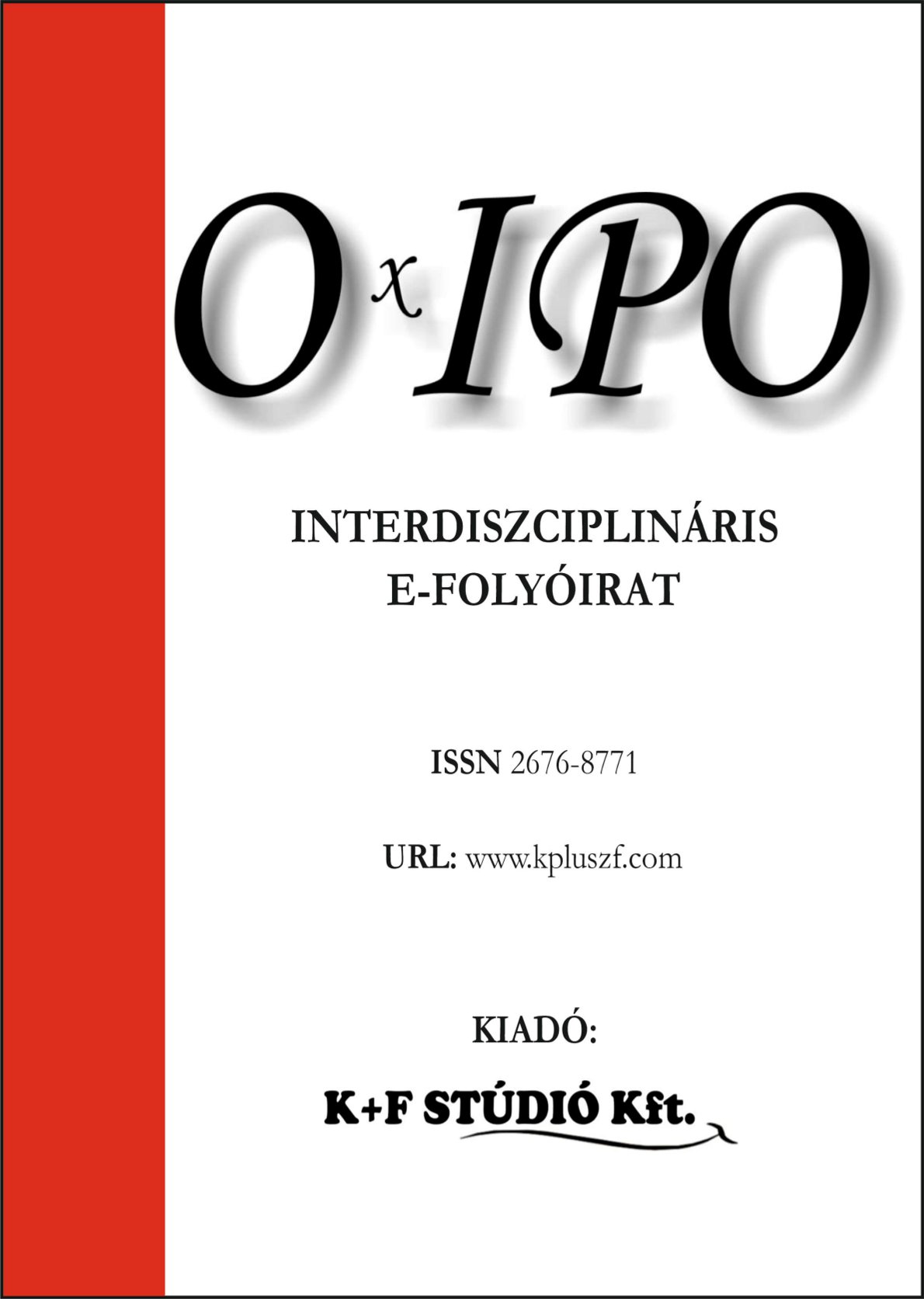Relating Learner Empowerment to Student Engagement Through Psychological Capital in College Students
DOI:
https://doi.org/10.35405/OXIPO.2024.2.21Keywords:
learner empowerment, psychological capital, student engagement, college studentsAbstract
Despite the widely recognized significance of student engagement in influencing positive learning outcomes in higher education, including academic success, motivation, and satisfaction, addressing the issue of students’ disengagement has long posed a significant challenge for higher education institutions. Some scholars have posited that psychological empowerment could serve as an effective strategy for fostering student engagement, particularly within higher education settings. However, there is a lack of sufficient studies that validate this assumption, especially within the context of Eritrean higher education. Moreover, the potential mediating influence of psychological capital in this relationship remains largely unexplored. To address this research gap, we conducted a cross-sectional study to examine the extent to which learner empowerment impacts student engagement through psychological capital. The study participants were undergraduate students (N = 448) selected using a convenience sampling strategy. Standardized self-report questionnaires were utilized to assess learner empowerment, psychological capital, and student engagement among the participants. Initially, descriptive statistical techniques, including measures such as mean, standard deviation, and measures of distribution shapes, were computed to explore and summarize the data. Subsequently, Pearson product-moment correlation was employed to examine the interplay between the study variables. Finally, hierarchical multiple regression and the PROCESS macro for SPSS were utilized to determine the prediction and mediation effects, respectively. The regression results revealed that students with higher levels of learner empowerment and psychological capital demonstrated better engagement in their academic activities. Furthermore, psychological capital was found to partially mediate the relationship between learner empowerment and engagement, suggesting that learner empowerment has both direct and indirect effects on student engagement. These findings may provide valuable insights for higher education institutions seeking to enhance student engagement by fostering learner empowerment and psychological capital. Moreover, the study may shed light on the dynamic interplay among learner empowerment, psychological capital, and student engagement, offering useful and practical guidance for educators and policymakers striving to improve educational outcomes of college students and beyond.


